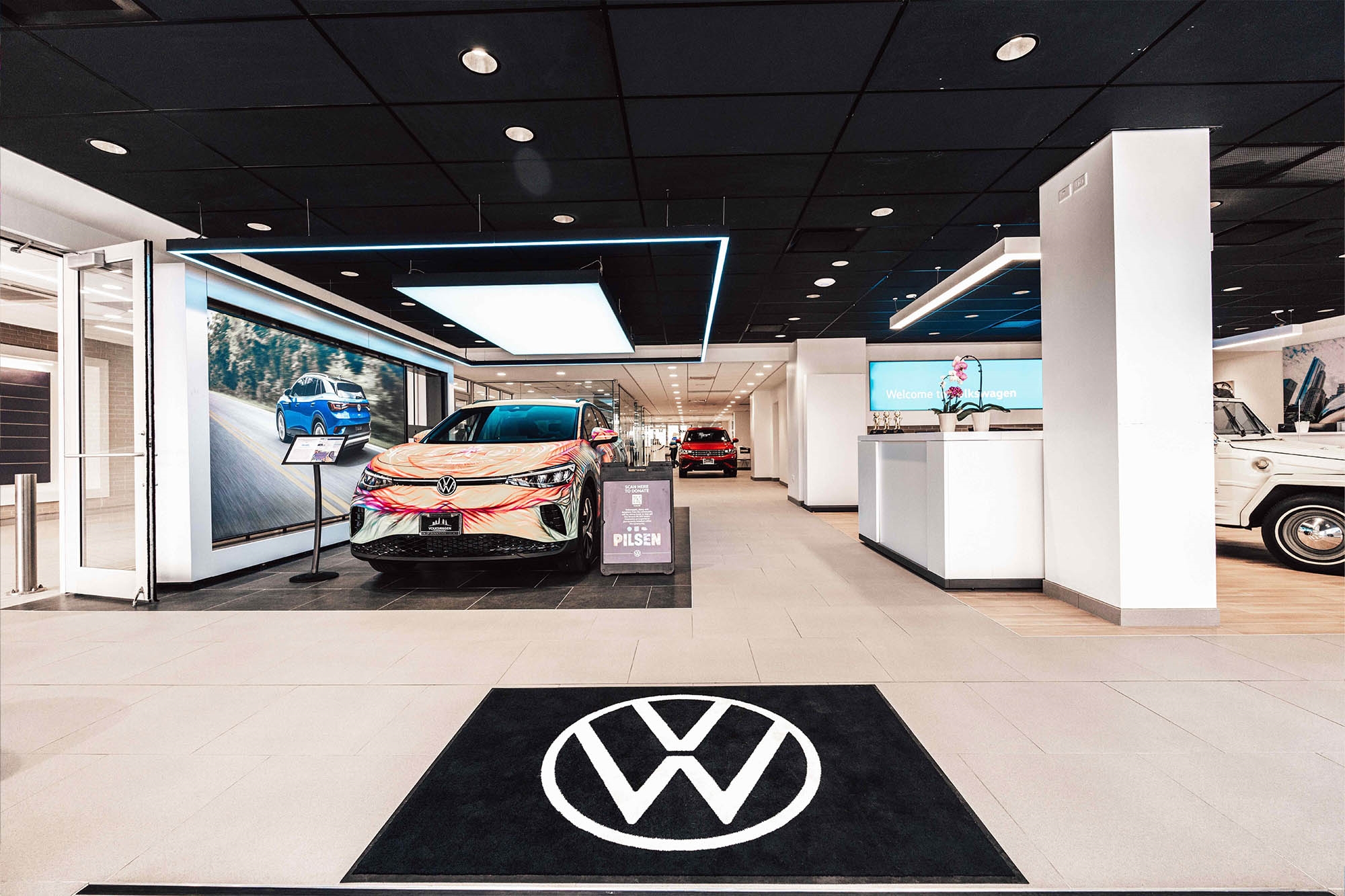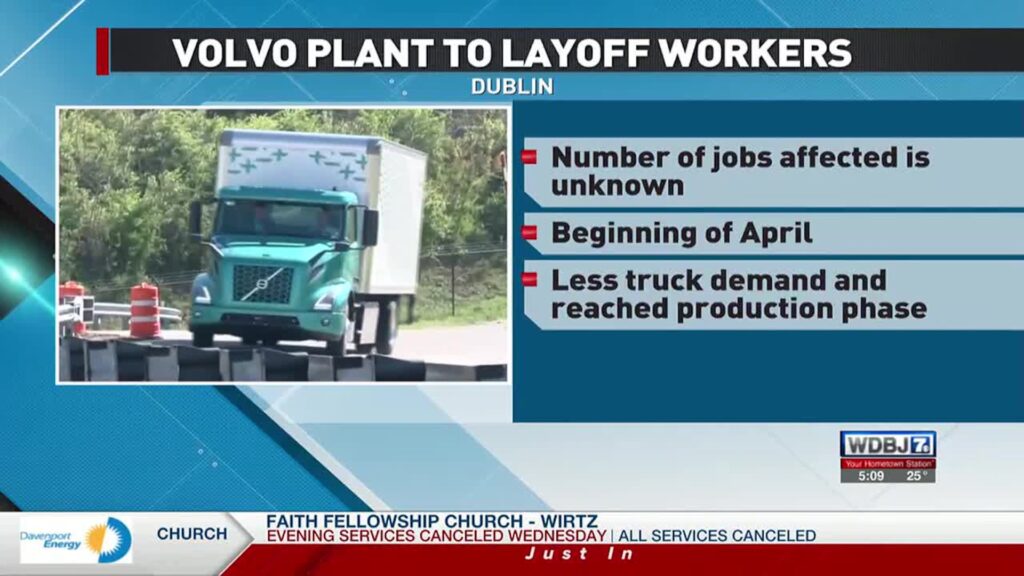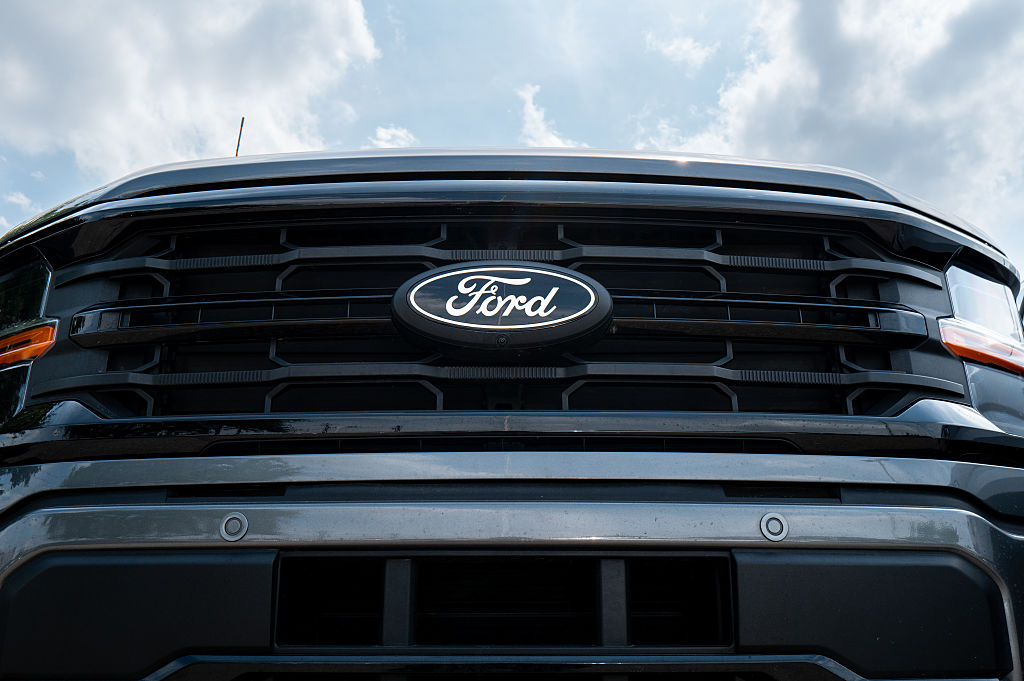Now Reading: Trump’s 25% Tariff Shock: Volkswagen Halts All US Shipments
-
01
Trump’s 25% Tariff Shock: Volkswagen Halts All US Shipments
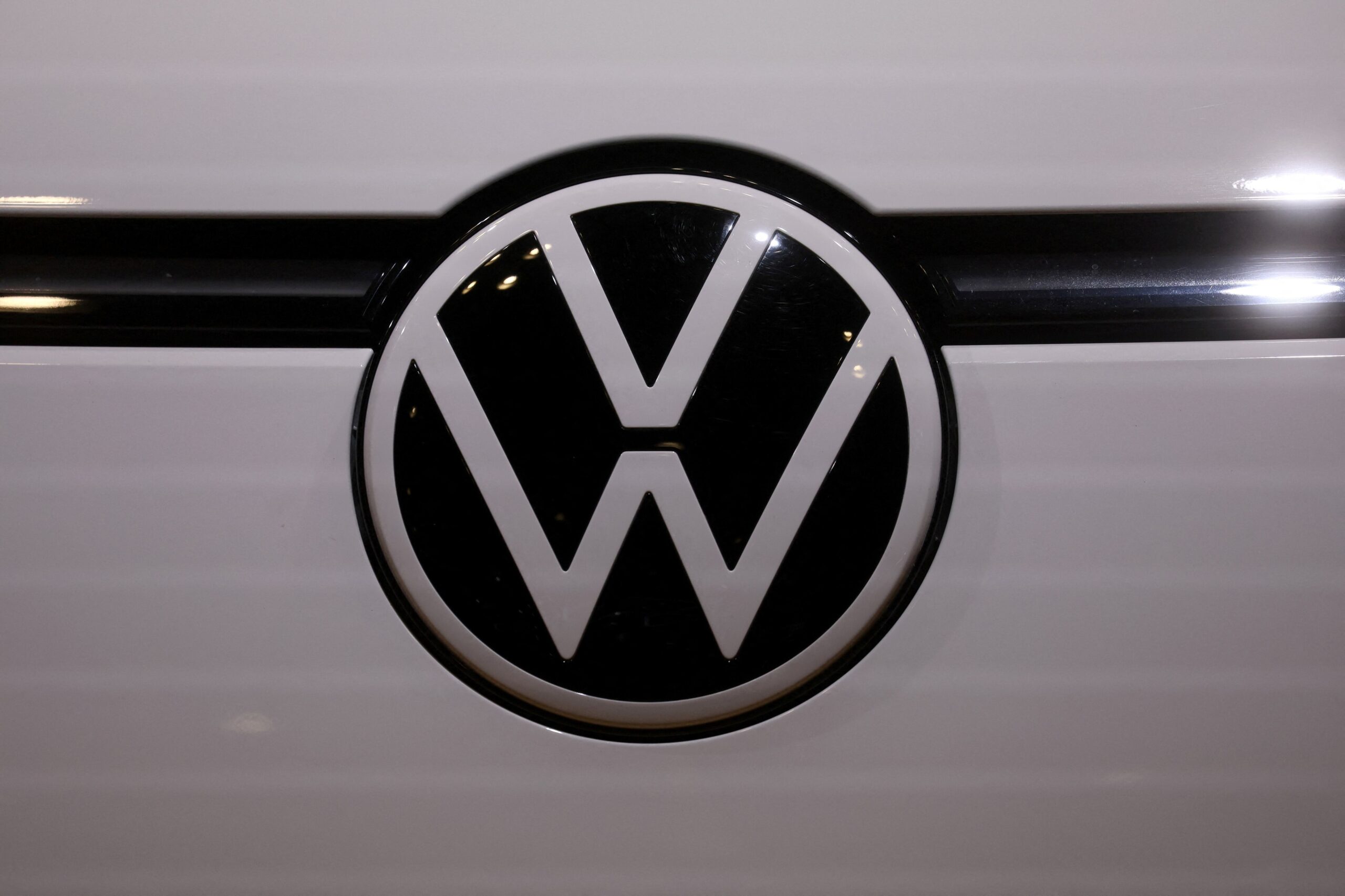
Trump’s 25% Tariff Shock: Volkswagen Halts All US Shipments
Volkswagen Pulls Emergency Brake on US Shipments After Trump Tariff Shock
In a dramatic development that has sent shockwaves through the automotive world, Volkswagen Group has completely halted shipments of vehicles bound for American shores. The automotive giant’s unprecedented move comes in direct response to President Trump’s recently implemented 25% tariff on imported vehicles.
This high-stakes standoff between one of the world’s largest automakers and the Trump administration threatens to reshape the American automotive landscape. With nearly three months of inventory remaining in US dealerships, the clock is now ticking on a potential resolution.
“Negative Consequences for Growth and Prosperity”
A Volkswagen spokesperson didn’t mince words when addressing the controversial tariff. In a strongly worded statement, the company warned that the economic repercussions would extend far beyond Germany’s borders, affecting economies worldwide — including America’s own.
“We share the assessment of most experts that US tariffs and any counter-tariffs will have negative consequences for growth and prosperity in the US and other economic areas,” the spokesperson explained. “The entire automotive industry, global supply chains and companies as well as customers will have to bear the negative consequences.”
The German automaker’s blunt assessment highlights the interconnected nature of modern manufacturing, where disruptions to global supply chains can trigger cascading effects across multiple industries and nations.

Which Volkswagen Models Will Be Affected?
While Volkswagen has manufactured vehicles on American soil since 1978, producing popular models like the Atlas SUV and ID.4 electric crossover at their Tennessee facility, a significant portion of their lineup will be directly impacted by the new tariff.
The beloved Jetta sedan and Tiguan SUV, assembled in Mexico, now face the 25% import fee. Similarly, the iconic Golf hatchback, imported from Germany, will see substantial price increases. The situation is even more dire for Audi, another brand in the Volkswagen Group portfolio, which imports its entire range from overseas factories.

Transparent Pricing: The New “Import Fee”
In an unusual move toward transparency, Volkswagen has announced that all models sold in America will now clearly display an “import fee” alongside other standard charges like road tax and optional extras. This approach seems designed to ensure consumers understand exactly why prices are increasing.
This unprecedented level of pricing clarity comes as dealers nationwide grapple with the implications of the tariff. According to an internal memo circulated to Volkswagen dealerships, the company has approximately three months of remaining inventory before shortages could become apparent.
The pricing strategy reflects a growing trend of consumer demand for pricing transparency, particularly around additional fees and surcharges that affect final purchase costs.
High-Stakes Negotiations Underway
Behind closed doors, Volkswagen executives are reportedly engaged in intense negotiations with the Trump administration. Their goal? To secure revised terms or exemptions from the blanket 25% tariff that threatens to dramatically alter their competitive position in the lucrative American market.
These high-level discussions highlight the enormous economic stakes involved. Volkswagen Group’s aggressive response—completely halting US-bound shipments—demonstrates just how seriously the company views this challenge to their business model.
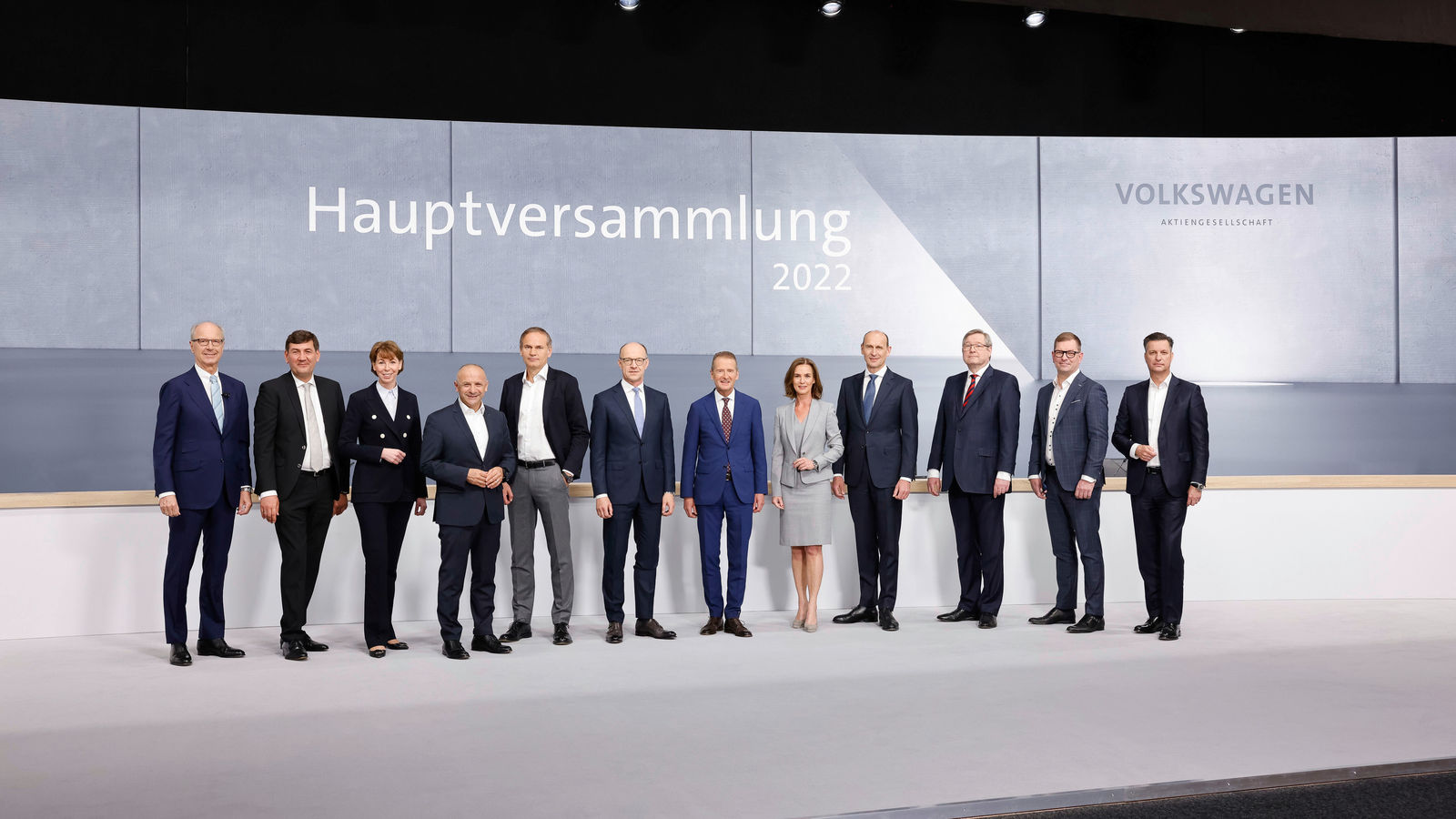
What This Means for American Consumers
For American car buyers, the implications are significant. Popular models like the Mexican-built Jetta, which has long represented an affordable entry point to German engineering, could see price increases that push them into new competitive brackets.
With nearly three months of inventory currently in the pipeline, consumers may have a limited window to purchase vehicles at pre-tariff prices. However, once that stock is depleted, significantly higher prices appear inevitable unless a diplomatic solution materializes.
This situation represents one of the most visible examples of how international trade policies directly impact everyday consumer purchases in ways that extend far beyond abstract economic theory.
The Bigger Picture: A Global Automotive Industry Under Pressure
Volkswagen’s dramatic response to the tariffs highlights broader tensions reshaping the global automotive landscape. With manufacturers increasingly reliant on international supply chains and production facilities, national trade policies now carry enormous implications for corporate strategy.
As this high-stakes standoff unfolds, both industry observers and consumers will be watching closely to see whether this represents a temporary disruption or a fundamental shift in how global automakers approach the American market.
One thing remains certain—in today’s interconnected automotive world, decisions made in Washington reverberate far beyond America’s borders, affecting manufacturers, workers, and consumers across the globe.

